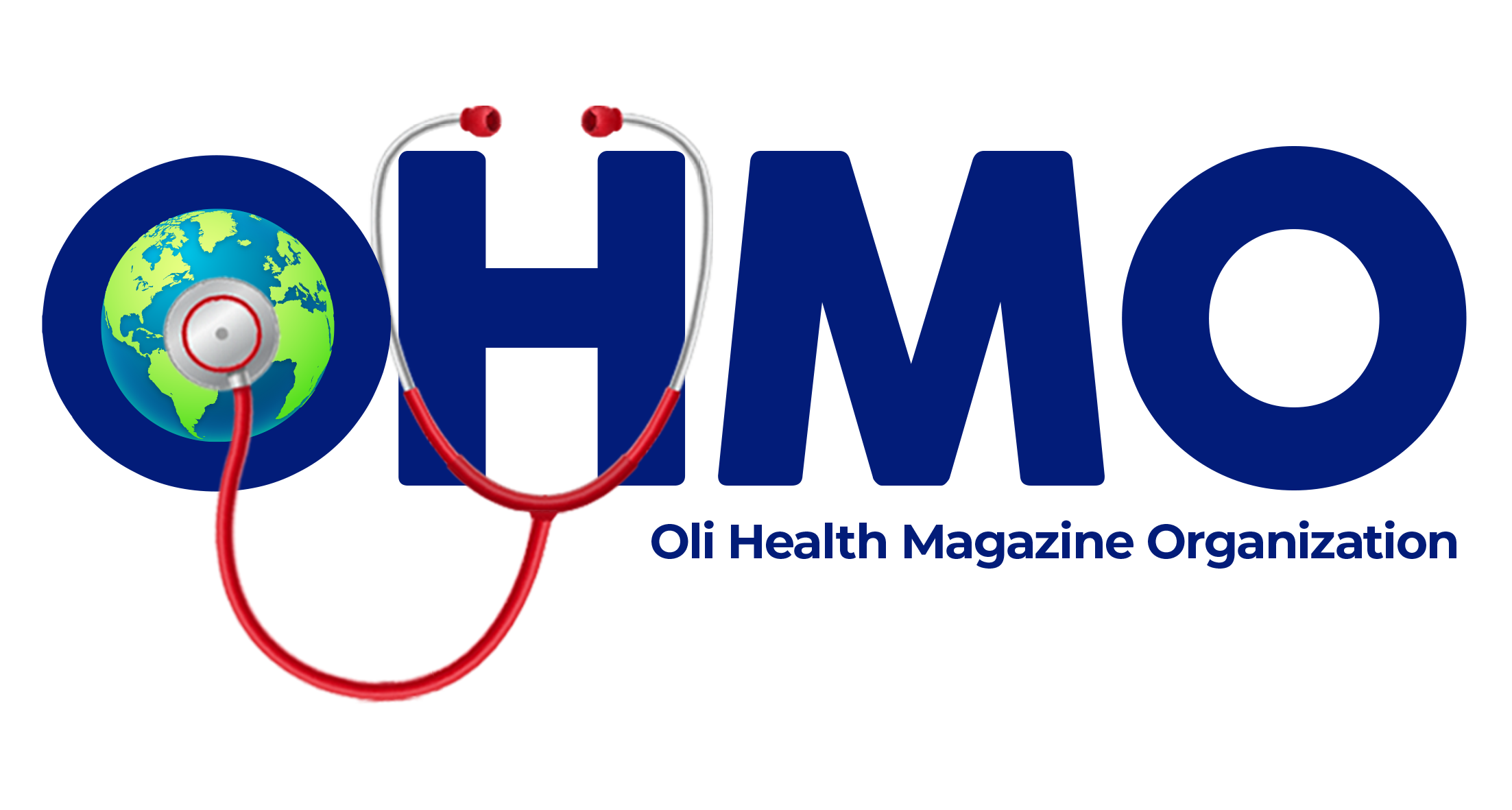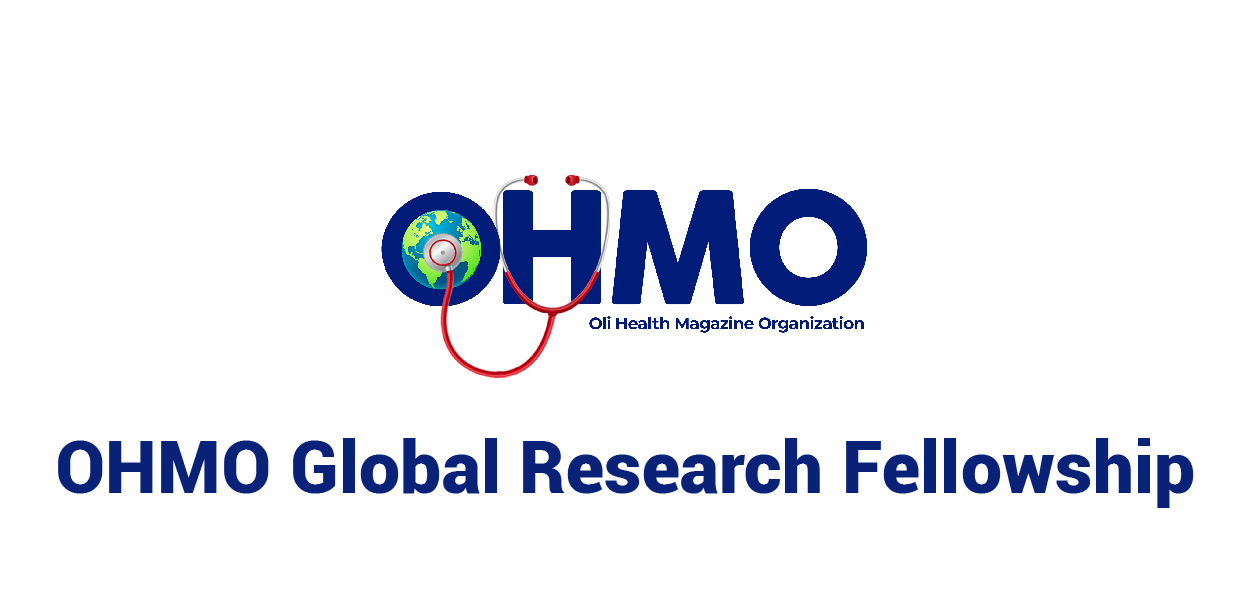Bipolar disorder, formerly known as manic depression, is a mental condition in which patients experience alternating phases of depression and elation. An effective management plan for this psychiatric illness includes a combination of medication and psychotherapy. The treatment can further be categorized into three main classes, including antidepressants, mood stabilizers and antipsychotics. As the potential of each treatment varies, therefore, the most suitable treatment is advised only after a proper examination. Usually, in terms of drugs, the psychiatrist combines mood-stabilizing drugs and antipsychotic.
A type of medication and proper dosage are necessary for the treatment, as some of these drugs can be extremely toxic. This requires regular assessments, tests and, pre-treatment diagnosis of the patient which can contribute vastly to the physician to monitor the proper dosage for the patient and reaction for each drug. The treatment can also aid in monitoring the related symptoms, such as behavior, reduced energy levels, attention and other life aspects of the patient. Although the symptoms of bipolar disease are treatable, currently there is no available cure for this disease. This chronic condition can only be handled more efficiently, if the treatment is started sooner. In particular cases, substance administration, hospitalization and rigorous outpatient treatment are needed along with the psychoeducation, medication, and psych-treatment. Following are some of the most effective treatments that are commonly used in bipolar patients.
Medicines
Medication is considered as one of the primary treatments for bipolar disorder. They can be antipsychotics, antidepressants and mood stabilizers and they are administered according to their suitability, symptoms that are expressed and their reaction to the patients. These medicines can play an important role in treating mood swings, mania, hypomanic episodes and depression. However, it takes multiple attempts followed by the assessment to achieve desirable outcomes. Also, the medications are known to cause some fatal side effects for instance suicidal tendency. Most commonly used drugs include lithium carbonate and valproic acid, which can aid in dealing with depression and mania. Lithium carbonate can be administered as an antidepressant whereas; valproic acid is used as a mood stabilizer (Su et al., 2004). Other drugs for example antiepileptic drugs (carbamazepine or lamotrigine) can also be used wherever required. Drugs which are used less commonly include gabapentine, haloperidol, oxcarbazepine, topiramate, and aripiprazole. This should be kept in mind that these drugs are not recommended to use without a prescription (Suppes et al., 2002).
Psychotherapy
Parallel to medication, psychotherapy is also administered for bipolar disorder. This includes talking and counseling. Psychotherapy can brilliantly communicate knowledge and is also useful in terms of psychoeducation by measuring which patient handles the symptoms with more care. It reduces stress, depression and negative thoughts to a greater extent, through family therapy and cognitive behavioral therapy.
Inpatient
Depending on the symptoms and severity of disease, a patient may be asked to stay in hospital on a long-term basis to cope with extreme behavioral tendencies of a patient and unstable scenarios. This includes the option of intensive care to ensure the patient is prevented from self-harm and his/her symptoms are efficiently managed (NCCMK, 2006).
Outpatient
Many scenarios may require an outpatient program to manage the patient’s case effectively and enable medical support. This include peer support program, rehabilitation program, management of the symptoms and continued therapy. (Moreno et al., 2007).
Electroconvulsive therapy (ECT)
In extreme situations, the specialists may agree on the option of electroconvulsive therapy to alleviate symptoms. This therapy is usually administered, when quick results are required or when the symptoms don’t respond to medication. For example, sometimes ECT may be administered in the cases of pregnancy. ECT can also be required in case of severe symptoms, for instance suicidal attempts and self-harm (Daly et al., 2001).
Conclusion
To recapitulate, Bipolar disorder is largely associated with alcohol or substance abuse, which is one approach to decrease possibilities and symptoms. The management of this disease should always be initiated with an effective and quick diagnosis, and treatment should be given based on whether the patient has bipolar II disorder, bipolar I disorder or Cyclothymic disorder. Management team should include various specialists such as mental health specialists, psychiatrists and counsellors (Goodwin, 2003). Since the condition is progressive and chronic, the alleviation of symptoms is also gradual. Friends and family can contribute to a greater extent in improving the patient’s condition significantly, by supporting and taking care of the patient.
References
- Su, Y., Ryder, J., Li, B., Wu, X., Fox, N., Solenberg, P., ... & Ni, B. (2004). Lithium, a common drug for bipolar disorder treatment, regulates amyloid-β precursor protein processing. Biochemistry, 43(22), 6899-6908.
- National Collaborating Centre for Mental Health (UK. (2006). Bipolar disorder: The management of bipolar disorder in adults, children and adolescents, in primary and secondary care. British Psychological Society.
- Moreno, C., Laje, G., Blanco, C., Jiang, H., Schmidt, A. B., &Olfson, M. (2007). National trends in the outpatient diagnosis and treatment of bipolar disorder in youth. Archives of general psychiatry, 64(9), 1032-1039.
- Suppes, T., Dennehy, E. B., Swann, A. C., Bowden, C. L., Calabrese, J. R., Hirschfeld, R., ... & Shon, S. P. (2002). Report of the Texas Consensus Conference Panel on medication treatment of bipolar disorder 2000. The Journal of clinical psychiatry.
- Goodwin, G. M. (2003). Evidence-based guidelines for treating bipolar disorder: recommendations from the British Association for Psychopharmacology. Journal of Psychopharmacology, 17(2), 149-173.
- Daly, J. J., Prudic, J., Devanand, D. P., Nobler, M. S., Lisanby, S. H., Peyser, S., ... &Sackeim, H. A. (2001). ECT in bipolar and unipolar depression: differences in speed of response. Bipolar disorders, 3(2), 95-104.
Writer: Dr. Bilal Zafar, Lyari General Hospital, Karachi - Pakistan




4 Comments
Dr. Ahmet
28 May 2019 19:15Tu��e
28 May 2019 23:56Immaculate
29 May 2019 07:27Zebadia Martin
29 January 2020 13:27